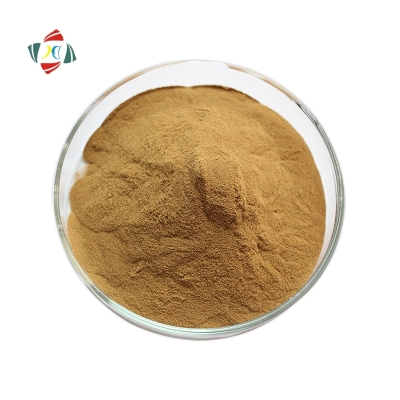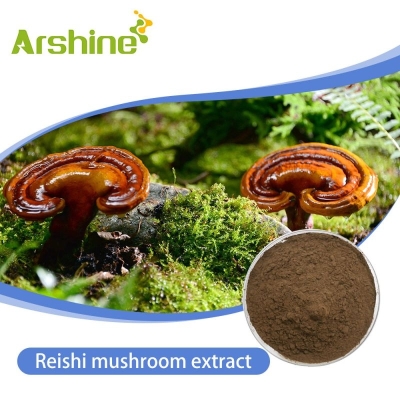Mechanism of berberine in prevention and treatment of diabetes
-
Last Update: 2012-08-15
-
Source: Internet
-
Author: User
Search more information of high quality chemicals, good prices and reliable suppliers, visit
www.echemi.com
It was learned from Shanghai Jiaotong University that Zhao Liping, vice president of the school of life science and technology of Shanghai Jiaotong University, conducted the experiment with rats as the model, and preliminarily revealed the mechanism of berberine in the prevention and treatment of diabetes The research has been published in the June issue of science Zhao Liping's research team took rats as the model, used high-fat diet to induce metabolic disorders such as obesity and insulin resistance, and gave some of them a certain dose of berberine (commonly known as berberine) It was found that although the rats were fed with the same high-fat diet, the weight and health status of the rats fed with berberine did not change, but the weight of the rats not fed with berberine increased rapidly, the blood glucose and blood lipid increased rapidly, insulin resistance symptoms appeared 2 months later, and diabetes mellitus developed Zhang Xu, Zhao Liping's doctoral student, used high-throughput sequencing technology to determine the intestinal flora structure of experimental animals, and identified 268 kinds of bacteria that changed under the action of Berberine from 6000 kinds of bacteria It was found that the number of 175 kinds of bacteria decreased or disappeared because of the administration of berberine, most of which were harmful bacteria; the number of 93 kinds of beneficial bacteria increased The results showed that berberine can significantly reduce the content of endotoxin in blood and inflammation There are two types of bacteria that can produce short chain fatty acids, Zhao said Short chain fatty acids such as acetic acid and butyric acid can bind to G-protein-coupled receptors 41 and 43 in the gut, regulate immunity and reduce inflammation Therefore, berberine may have two-way regulatory effect on intestinal flora: reducing immunotoxin, increasing anti-inflammatory factors, inhibiting inflammation can avoid or improve the occurrence and development of metabolic diseases.
This article is an English version of an article which is originally in the Chinese language on echemi.com and is provided for information purposes only.
This website makes no representation or warranty of any kind, either expressed or implied, as to the accuracy, completeness ownership or reliability of
the article or any translations thereof. If you have any concerns or complaints relating to the article, please send an email, providing a detailed
description of the concern or complaint, to
service@echemi.com. A staff member will contact you within 5 working days. Once verified, infringing content
will be removed immediately.







